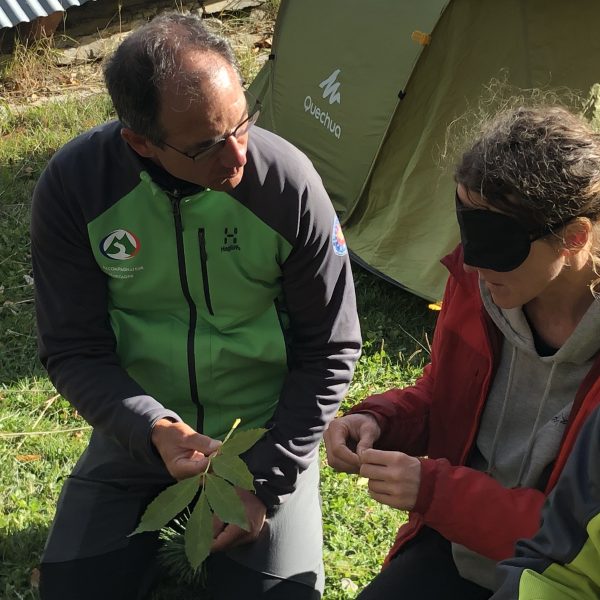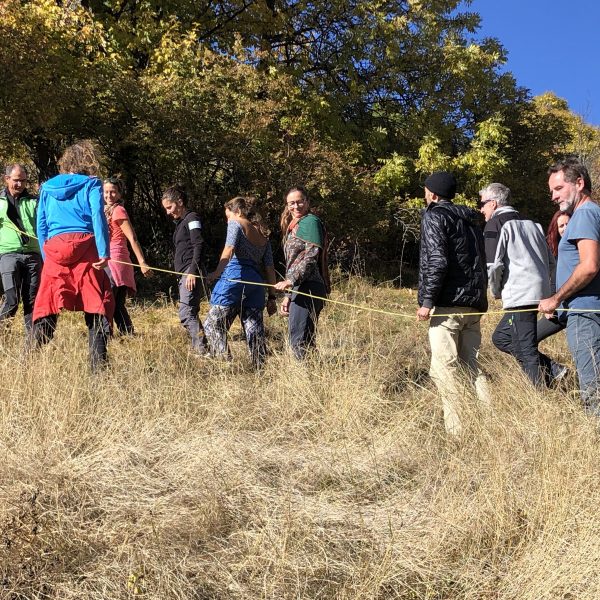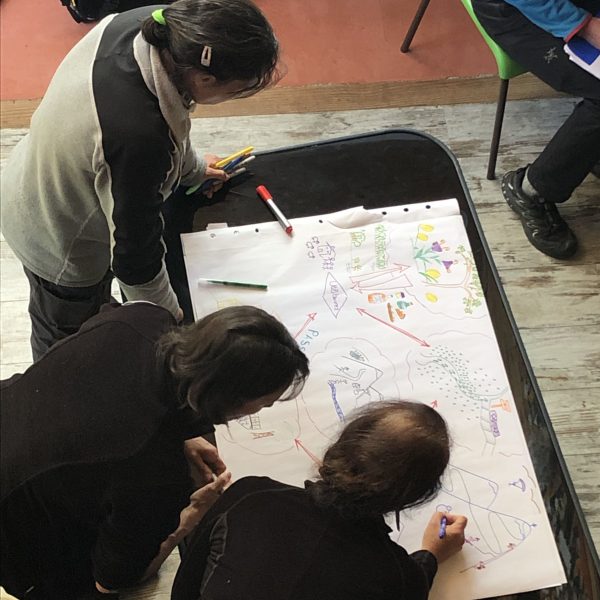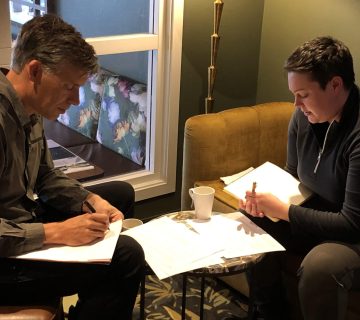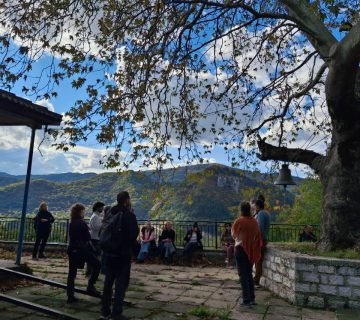It’s been a long time coming but the interpretive approach may finally have a promising foothold in the Mercantour National Park.
Thanks to a bit of luck and my name being mentioned by a colleague, my phone sprang to life. “Can you help me? I’ve organised a three-day interpretive walks workshop for 15 people next week in the Mercantour National Park but the trainer’s caught Covid and I’m really stuck!” I looked at my diary, “I’m free then. Sure, I could do that”.
Interpretation, as we know it, was adopted in France by a core of protected areas specialists in the 1990s. Seminars and workshops were held, papers and guidance were published bringing Tilden’s principles to French parks rangers and officers. But the legacy was not passed on and this new wave dwindled after a decade whereupon environmental and cultural actors made ‘interpretations of interpretation’.
I’d been fruitlessly trying for years to connect with French parks, so I jumped at the chance albeit with some anxiety. I needn’t have worried. Once you break through the ‘administrative firewall’, there are experienced, receptive parks guides, rangers and environmental education staff eager to learn and build their skills with the public.
They got more than they bargained for! Taking inspiration from my experience with Interpret Europe, I gave them a three-day crash course in interpretive principles and practice. Amid awe-inspiring autumnal colours surrounding our mountain venue, the Refuge de la Coquille 1732, the participants really appreciated the theory and threw themselves into many exercises to move from facts to deeper meanings and then to their own interpretive talks and walks using the tools to prepare and critique them.
Interestingly, they experienced the same emotions and sensations in three days as I have seen participants go through on the five-day Interpret Europe Certified Interpretive Guide (CIG) and Writer (CIW) courses: team spirit, a circle of trust to experiment, getting out of your comfort zone and a strong sense of achievement. Unanimously, they also now want to complete an official IE course to become one of those very rare species indeed, French CIGs, perfectly protected in the Mercantour National Park.
What do I take from this? Well, they tolerated my English accent speaking their ‘belle langue’ but more importantly, they are keen to use interpretation as part of their mission to protect nature through understanding and respect, not by lecturing or telling off visitors and most importantly, by focusing on the meaning behind the facts that make the Mercantour one of the Alps’ last ‘terres sauvages’.
If I can build on this experience and use the Mercantour NP as an exemplar, it could just open the door to sharing interpretation with other French-protected areas and who knows, a new ‘new wave’ of interpretation in France.
Sandy Colvine is Chair of Interpret Europe’s Supervisory Committee and is a certified trainer. He lives in Dieulefit, in France, where he runs Mistral Translation and Consultancy. Sandy can be contacted at: alexander.colvine@interpret-europe.net.
To cite this article: Colvine, Sandy (2021) ‘An interpretive breakthrough in a French National Park’ in Interpret Europe Newsletter 4-2021, pg.24
Available online: https://interpret-europe.net/wp-content/uploads/2021/12/Newsletter-Winter-2021.pdf

